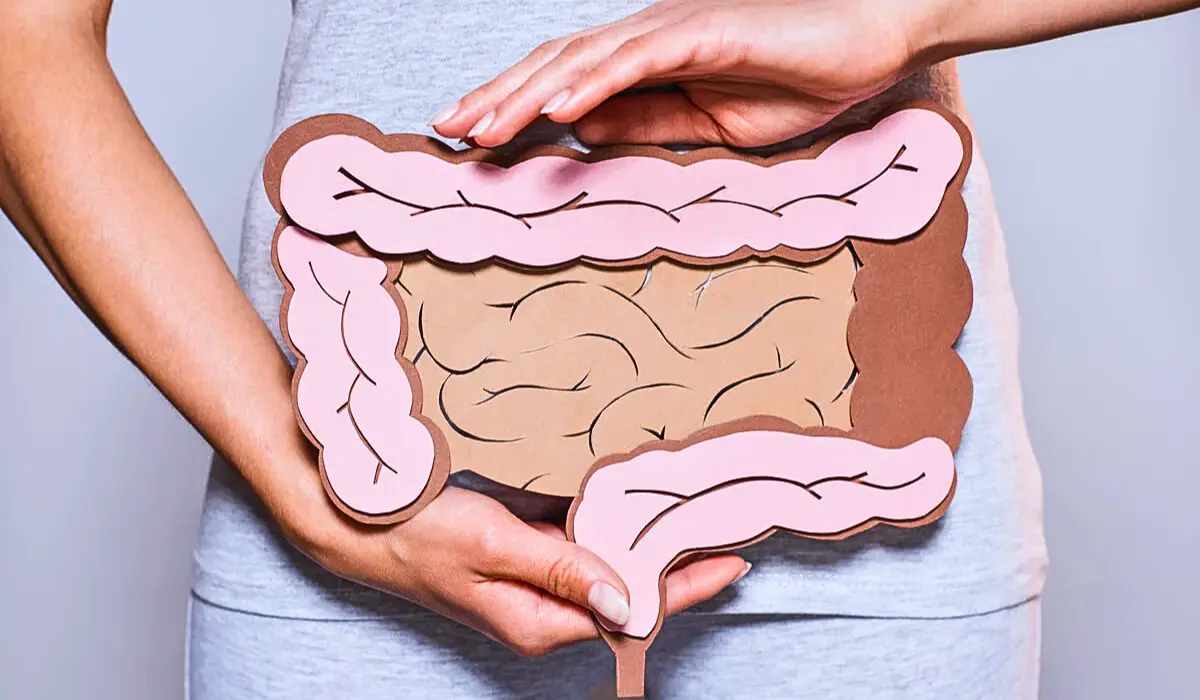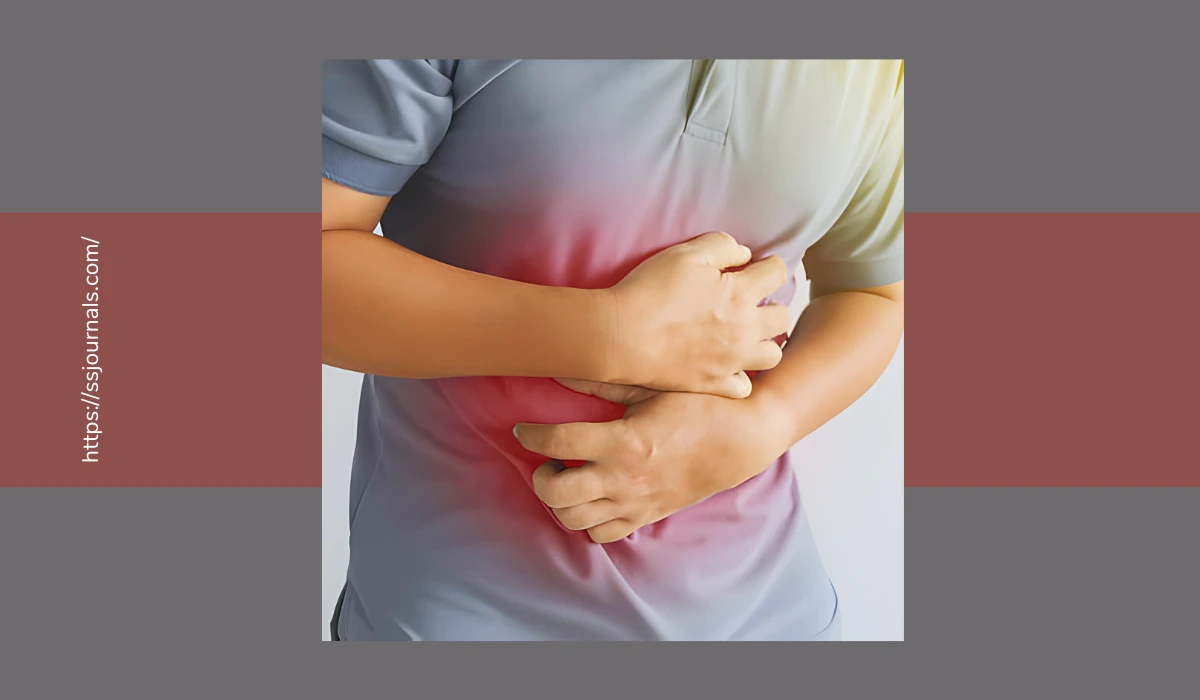The colon otherwise called the large intestine is a major organ of the digestive system. This organ is responsible for absorbing nutrients and converting them into stool. But when your colon contains stool that is higher than normal amounts, then it is called stool burden.
Many factors lead to this condition. Before examining them in-depth, let us find out what is the role of the colon in your digestive system.
Functions of your colon
Colon aka large intestine plays a significant role in your digestive process. Most of the food you consume gets absorbed by your small intestine before it reaches your colon.

The remaining mix of gastric juices and partly digested food, which is also called ‘chyme’ is received by your colon and then it gets further digested to form stool to leave through your body.
One of the major functions of your colon is to reabsorb water and electrolytes from this chyme.
What is moderate stool in the colon?
As mentioned above, when your colon contains stool that is higher than normal amounts, it is called stool burden. This is similar to fecal impaction and constipation, but there are smaller differences.
As the name suggests, fecal impaction happens when your fecal matter gets impacted or stuck inside your colon which prevents the removal of waste from your body.
The stool of people with fecal impaction can be dry and it creates difficulty to poop and lead to constipation. Here are some of the characteristic symptoms of stool burden or fecal impaction:
Causes behind stool burden and fecal impaction
Several factors contribute to moderate stool in the colon. These factors can be classified into lifestyle, medical, and dietary factors. Have a glimpse into these here.
1. Lifestyle factors
Research has shown that leading a sedentary lifestyle can cause irregular bowel movements and lead to conditions such as constipation. When you have an inactive lifestyle, the muscles in your digestive system get weakened which leads to slow stool movement and stool accumulation. Apart from this, the heightened levels of stress and anxiety can also affect your digestive system.
A research paper published in the Physiology and Pharmacology journal explained stress can alter the brain-gut axis and lead to several health conditions like inflammatory bowel diseases (IBD), gastroesophageal reflux disease (GERD), irritable bowel syndrome (IBS), etc. (https://pubmed.ncbi.nlm.nih.gov/22314561/).
2. Dietary Factors
If your diet is low in fiber and fluids, it can adversely affect your digestive system. Studies have shown that dietary fiber can increase the size of your stools and make it easier to move through your digestive tract.
A study published in the Alimentary Pharmacology and Therapeutics journal explained that fiber supplementation can effectively treat constipation. (https://pubmed.ncbi.nlm.nih.gov/27170558/).
Along with this, water intake is also necessary for the smooth functioning of your colon. Certain probiotics also help your gut to maintain healthy gut bacteria that can reduce the stool accumulation in your colon.
Still, people with lactose intolerance and gluten sensitivity can experience stool burden as these conditions can cause inflammation in your gut making it difficult to pass stool.
3. Medical factors
Certain medical conditions cause issues like constipation and stool burden. One such condition is irritable bowel syndrome aka IBS. This condition affects your intestines and increases the risk of colon cancer.
Having IBS can lead to both constipation and diarrhea and disrupt the normal functioning of your digestive system. Another health condition that can cause moderate stool in the colon is pelvic floor dysfunction.
Dysfunction of the pelvic floor muscles can make it difficult to relax your pelvic floor and cause a hindrance in passing stool. This might even lead to straining for bowel movements and worsen the situation.
Some neurological conditions such as Parkinson’s disease have also been found to cause digestive tract issues. Along with this, certain medications that belong to antidepressants and antacids can also worsen bowel movements and hinder the progression of stool through the colon.
Treatments for stool burden
There are many treatment options available for dealing with stool burden. Some of them can be recommended by medical experts and some can be practiced by yourself. Check out the list here.
1. Dietary modifications
Incorporating more fiber and fluids into your diet can help regulate your bowel movements and ease the stool passage. Consume more vegetables, fruits, and whole grains and this will help your colon to remove the stored stool to pass easily.
2. Probiotic supplements and medications
Probiotics are live organisms that can be found in food items like yogurt and fermented foods. These are bacteria and yeasts that are beneficial for your digestive system.
Consuming probiotic supplements can help you relieve stool burden. Also, certain medications such as laxatives can help ease up your stool passage.
3. Surgical procedures
If your stool burden is beyond your control, your doctor will prescribe some surgical procedures. One such intervention is colectomy. As the name indicates, it is a surgical procedure that can treat certain conditions affecting the colon.
In this process, a part of your colon is surgically removed. It is also called bowel resection. In some extreme cases, the entire large intestine is removed and that is called total colectomy.
The Bottom Line
Moderate stool in the colon can be caused by various factors including lifestyle, medical, and dietary aspects. An increase in sedentary lifestyles has accentuated the seriousness of such issues.
Still, there are methods through which you can tackle these issues. Having a diet filled with fibers and fluids can support normal bowel movements. Also, doctors can prescribe laxatives, probiotics, and even surgical procedures in extreme cases.

